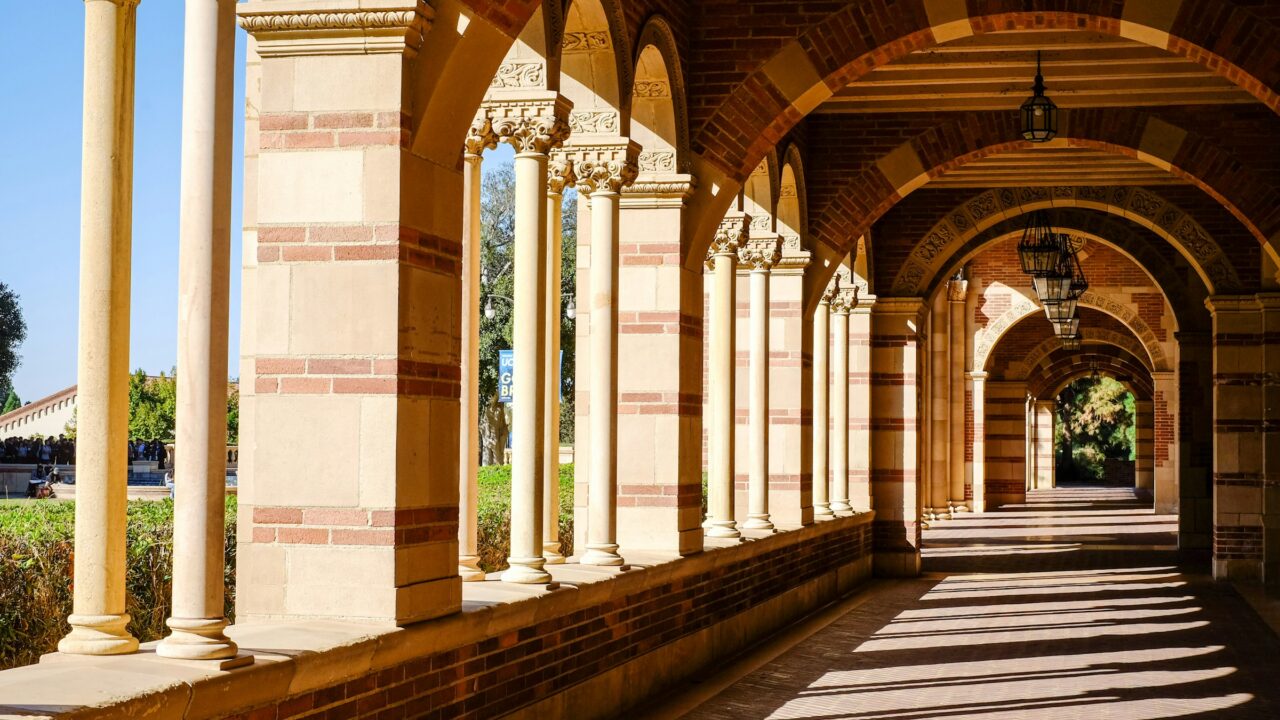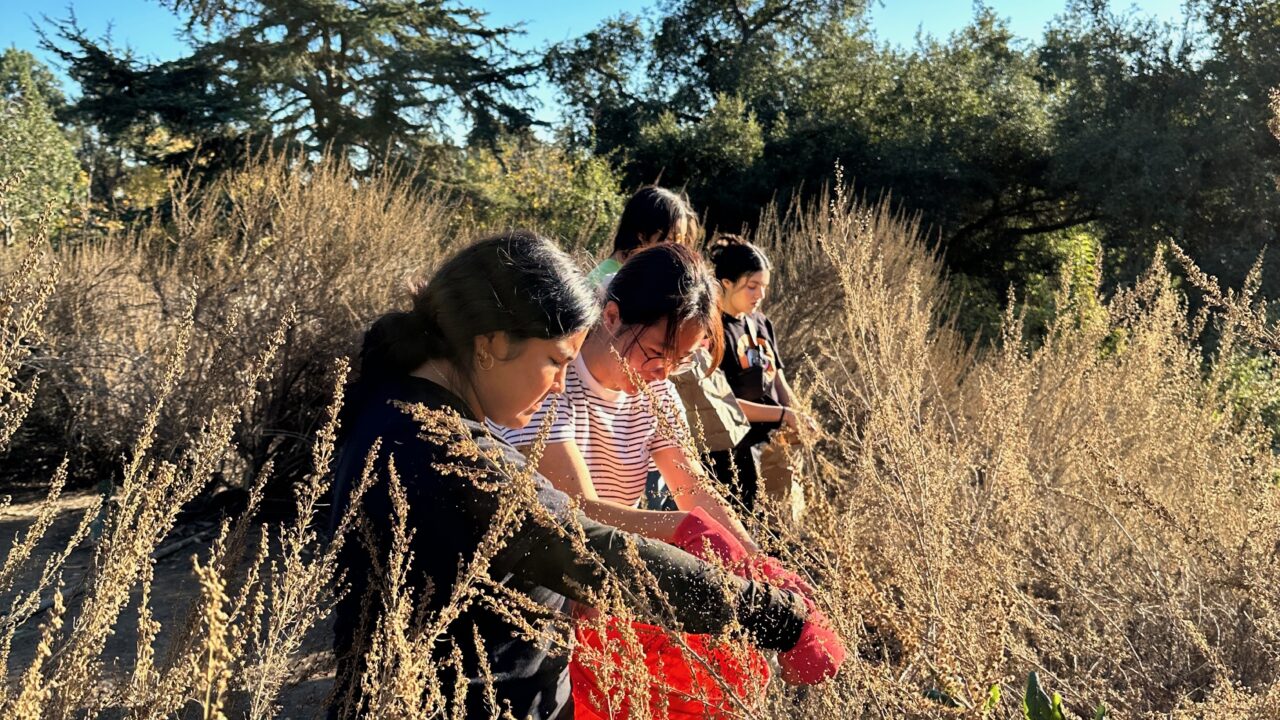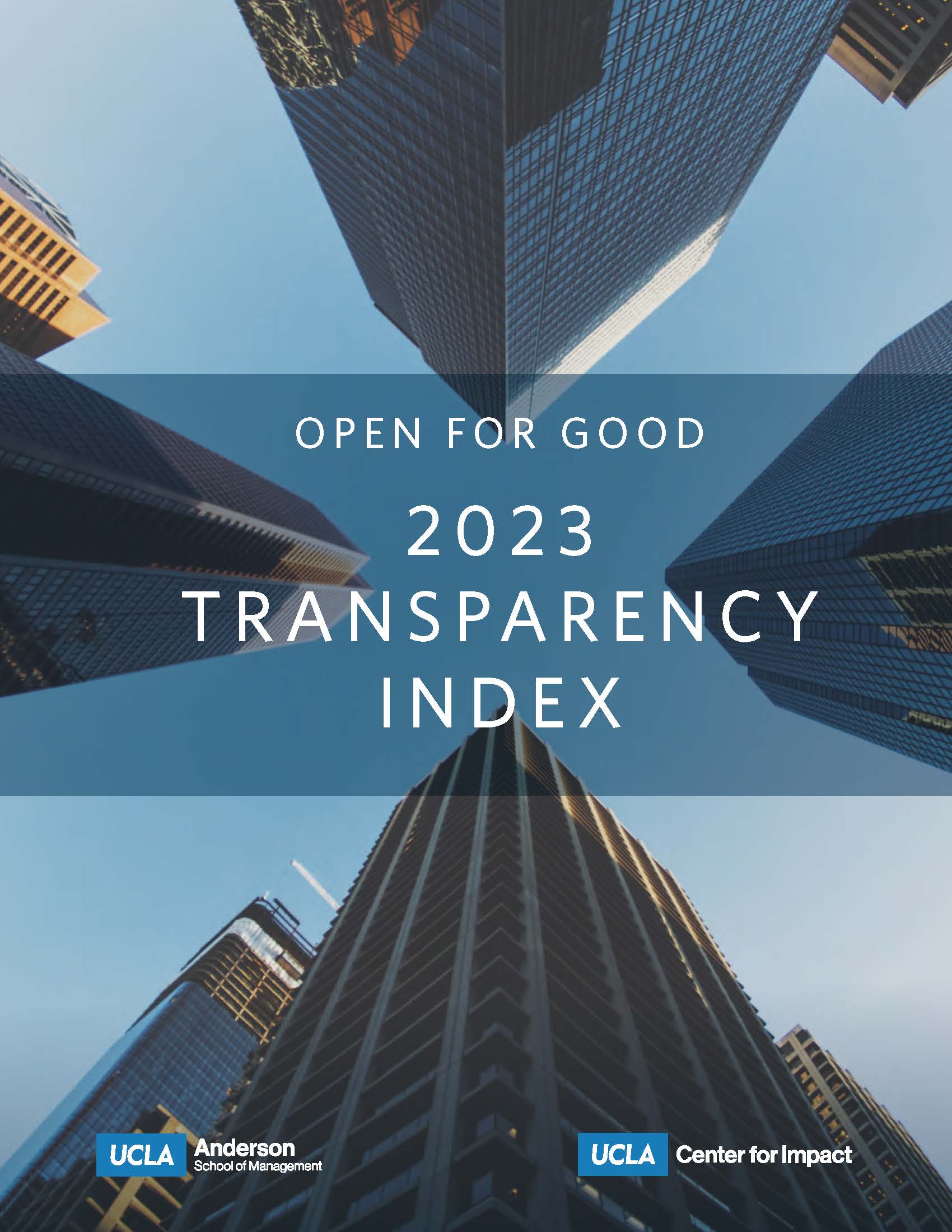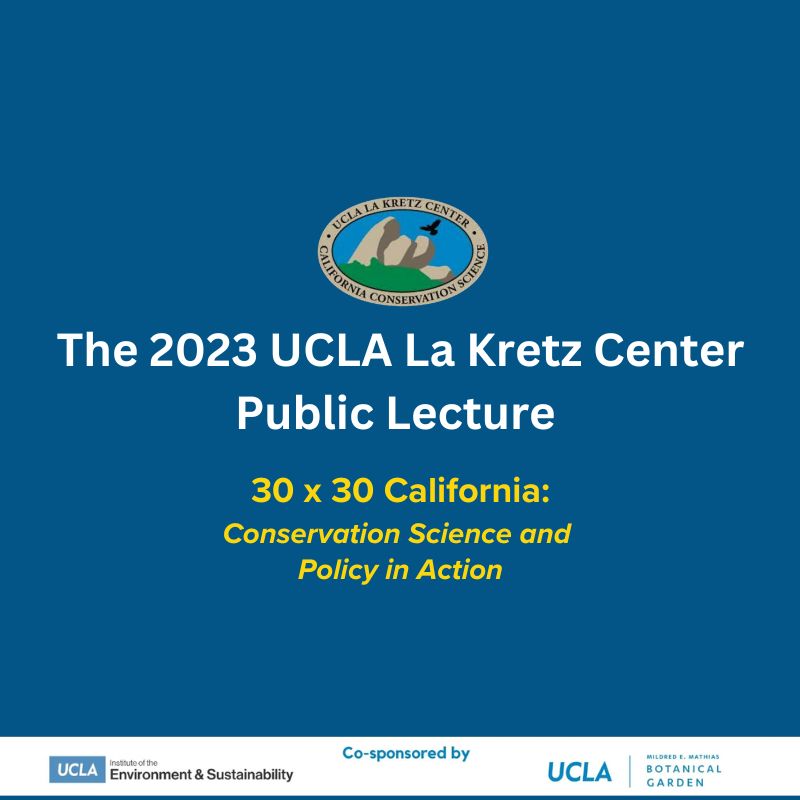
Low-VOC Industrial Coatings for Emissions Reduction in Oil & Gas
LiS Leadership Project by Jesse Kabanov, 2024

LiS Leadership Project by Jesse Kabanov, 2024

LiS Leadership Project by William McGovern, 2024

LiS Leadership Project by Austin Meyer-Ferris, 2024

LiS Leadership Project by Ankit Choudhary, 2024

LiS Leadership Project by Ashley Jahja, 2024

LiS Leadership Project by Michael Rincon, 2024

LiS Leadership Project by Itzel Vasquez-Rodriguez, 2024

Since the fall of 2023, Sage Hill has had the privilege of hosting student-fellows from the UCLA College Corps Program. College Corps fellows have been a major force in restoring…

California’s goal of decarbonizing the state’s energy sector by 2045 requires an accompanying strategic approach to the decommissioning of the extensive gas infrastructure.

The mission of the Open for Good‘s initiative is to provide transparent, unbiased, and accessible insights into corporate sustainability. In the last decade, we have seen an encouraging shift by…

It was an honor to have guest lecturer Dr. Jennifer Norris at the 2023 UCLA La Kretz Center Public Lecture to speak about her work leading California’s 30×30 Initiative and…

The film industry has a significant impact on the environment, from the consumption of electricity during and after production, to the use of fuel for travel and on-location filming, to…